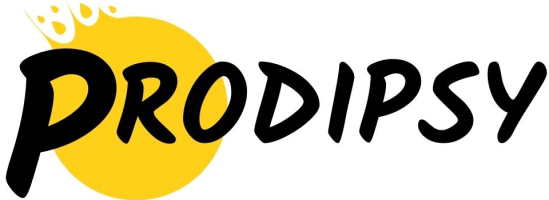The daily snack for a baby is essential for him/her to have. The best thing is to find snacks that are nutritious and also tasty. In this article, the author addresses 6 things which you should stop doing if you want your baby to have healthier snacks for babys.
- Artificial flavors and colors:
Because of the exposure to naturally occurring chemicals during pregnancy, some artificial flavorings and colors can be linked to increased risk of developmental delays for children. Harmful substances found in food may also include pesticides, like DDT, which can cause a child to have learning disorders down the road.
- Sugar:
Excess sugar intake is known to lead to what’s called hyperactivity in children along with dental caries and obesity which are both related to heart disease and diabetes at an adult age. Additionally, elevated dietary sugar levels are correlated with cognitive decline later in life (as well as a reduced risk for dementia).
- White flour:
A diet high in refined carbohydrates, such as white flour, and added sugars is associated with behavioral problems and poor overall health, including obesity and type 2 diabetes. Studies have shown that these same kinds of diets can also affect brain development and lead to a number of other health problems in adulthood, including cardiovascular disease, a heightened risk of death by suicide, Alzheimer’s disease and cancer.
- Salt:
Americans consume about twice as much salt as recommended by the government. In fact, research has found that eating too much salt reduces bone health in children at levels commonly found in the US food supply today (about 4 grams per day for kids ages 6-10). This is a serious concern for children since bone mass develops in the first two decades of life and excess sodium intake during this period may have lifelong consequences.
- Fruits and vegetables:
According to the Centers for Disease Control and Prevention, only one in 10 children eat the recommended daily servings of fruits and vegetables. Therefore, you should consider offering your child some fruits or vegetables as snacks. Children who consume more than five servings of fruits or vegetables per day have been found to have a reduced risk of being overweight or obese, while also having improved total cholesterol, lower blood pressure and reduced risk of cardiovascular disease.
- Dairy:
Milk and cheese are the primary sources of dietary calcium in the American diet. However, dairy products are not recommended for babies before age one because their bodies (and digestive systems) lack the enzymes needed to properly break down and absorb calcium. Cow’s milk is also higher in calories, saturated fat and protein when compared to breast milk or formula, which may lead to greater caloric intake than necessary. Additionally, a child who drinks cow’s milk may be more prone to iron deficiency anemia if he/she is drinking cow’s milk at a time when he/she should be consuming other foods (prior to six months) or yet yet drinking enough fluids (older than one year).
Conclusion
In summary, the best foods for babies include fruits, vegetables and whole grains. Avoid additives, sugars and high-fat foods as well as refined grains like white flour. They should be strictly limited in number because they take more to digest than baby needs. You can check out more at organicsbestshop.com.
